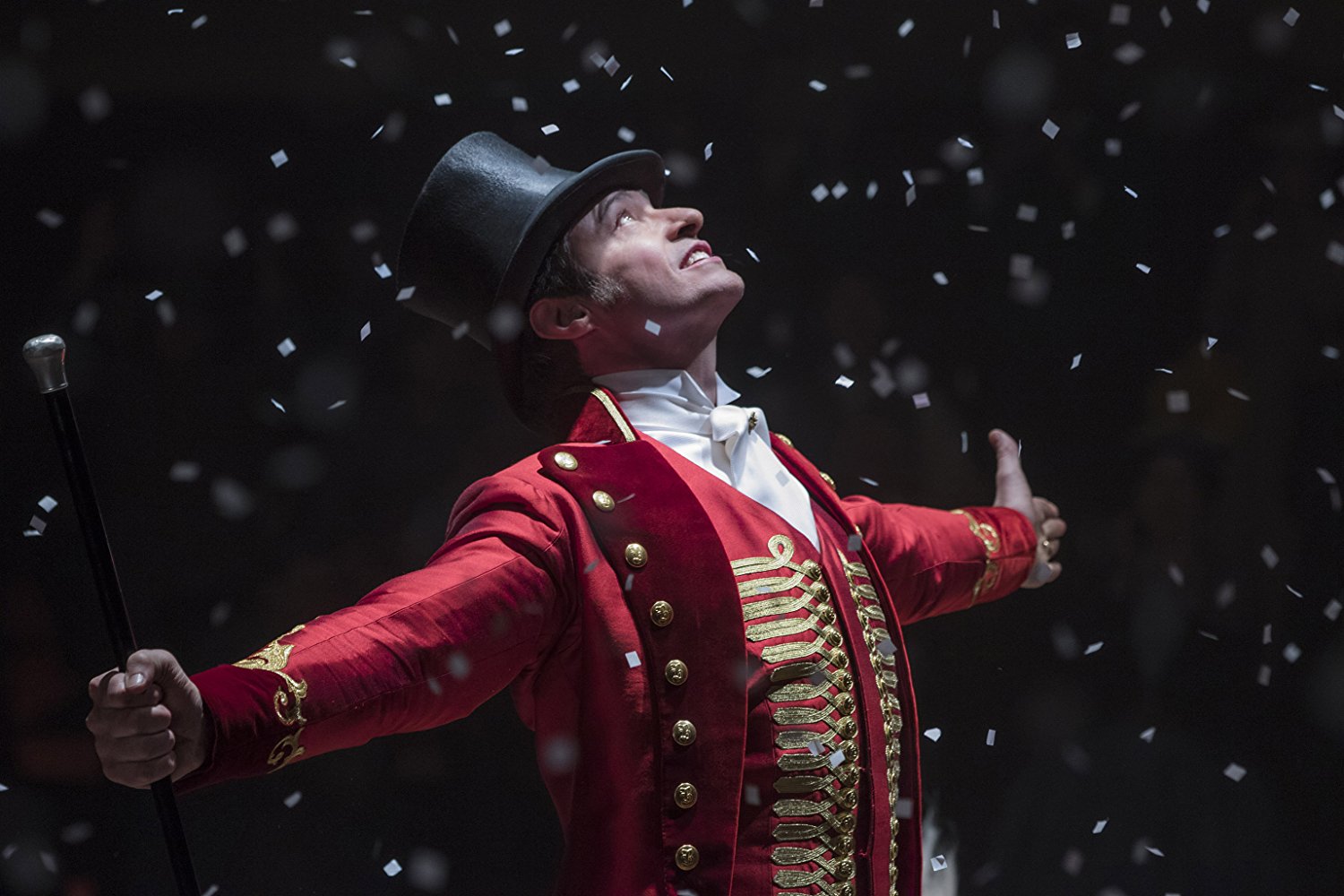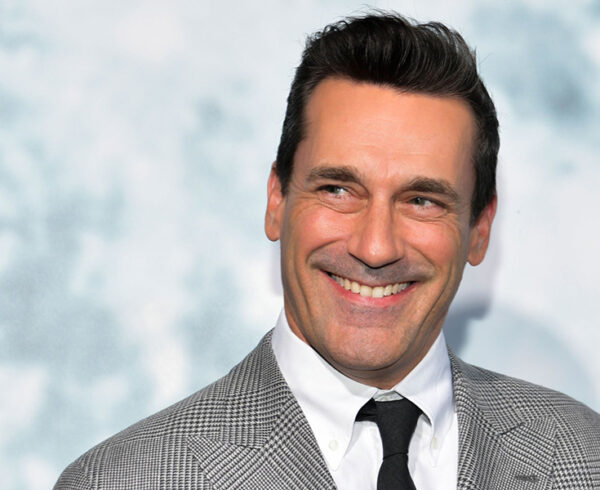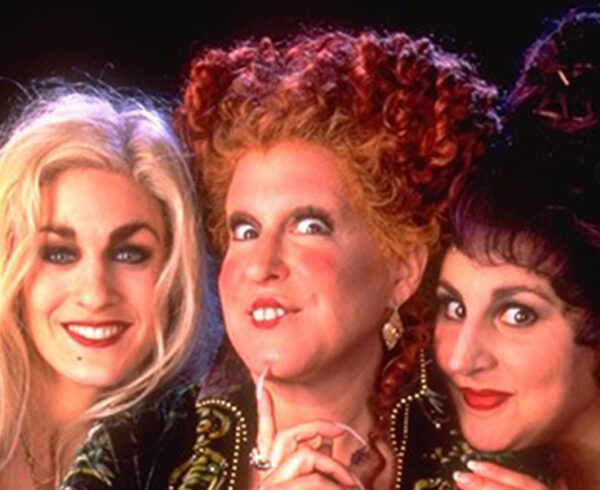‘The Greatest Showman’ Is a Dazzling Spectacle with Heart
It’s not the most obvious topic for a feel-good family musical: the career of someone long identified as America’s premium hucksters, the so-called Prince of Humbugs, P.T. Barnum.
Indeed, the circus which bore his name, Ringling Bros. and Barnum & Bailey Circus, just had to shut its doors after animal rights protesters forced it to stop using elephants. Which, it turns out, were what the public had been paying to see. Ticket sales slumped and the circus won’t be coming to town any more.
But the circus which Barnum invented was a great American institution for 150 years. And The Greatest Showman works on many levels.
Australian actor Hugh Jackman lights up the screen and wins our sympathy as the quintessentially American self-made man, P.T. Barnum. We see him as an orphan boy stealing bread in the streets of 19th century New York City. But young Phineas dreams big. And not just for himself. Almost the whole story happens once Barnum is a husband and father.
His fibs and minor frauds and outrageous inventions are all in service of his beloved wife (played by the radiant, winsome Michelle Williams) and their adorable daughters.
Most rags-to-riches stories show a single man striving to make his mark on the world. But Barnum has already taken on the responsibility for three other lives, and he takes that seriously. It’s just that his way of providing for them is distinctly unconventional.
He lives to put on a show. Nothing lights up his face like seeing the look of wonder light up in others’ eyes. For all his self-promotion and outright hucksterism, Barnum is strangely humble. He doesn’t mind people suspecting that every wonder he offers them is a fraud. As he tells a snotty New York Times critic in the film, “The joy people feel—that isn’t fake.”
Barnum, by hook and by crook, borrows the money to open a “museum” of weird objects, rogue taxidermy, and exotic imports. His little daughters “man” the ticket booth, while his wife hands out the fliers.
When nobody comes, Barnum’s daughter suggests more “live things, fewer dead things.” So Barnum invents the “freak show.” While it shocks our sensibilities now, for the bearded women, midgets, and Siamese twins (that term comes from two conjoined brothers in Barnum’s show, who were from … Siam) being part of Barnum’s show could be liberating. (Historians note that most of his performers were very well-compensated and stayed with Barnum sometimes for decades. Barnum also was an early supporter of civil rights for black Americans after the Civil War, which he advocated in a second career in politics.) As Barnum tells one of them, “People are already staring. Why not make the best of it? Be a star!”
The songs are catchy and joyous, in the mainstream of Broadway musical numbers. Since the setting is the circus, there’s plenty of flash and glorious spectacle. You’ll find yourself humming the main theme, “Never Enough,” on your way out of the theater. The dance numbers (some involving trapezes and, yes, elephants) are lively and entertaining. Mind you, this is the first musical I’ve seen voluntarily in many years. It won me over.
But for all its glitter and oddness, The Greatest Showman keeps a close eye on the human relationships that keep Barnum going. His love for his wife is obvious—but we see it endangered when a craving for social acceptability drives Barnum into a long public flirtation with the elegant “Swedish Nightingale,” Jenny Lind.
We also see Barnum proudly present his “freaks” to Queen Victoria. Later we see him acting ashamed of them, as if he were somehow better than the people who made him wealthy. Barnum struggles with the temptations of wealth and fame, and we wonder if his character is too brittle to survive them.
The film is blessedly free of divisive commentary on current issues. One might, if he tried, find something akin to the modern “diversity” agenda in some of the songs where the “freaks” assert themselves in the face of scorn. But that would be stretching things. The Greatest Showman is solid entertainment. It dazzles the eye, engages your heart, and convincingly takes us back to a place and time that’s alien to us. It does that by keeping close to the human, family issues that unite us all, whatever our shape, size, or politics. I highly recommend it for viewers of every age.
January 23 update: The Academy of Motion Picture Arts and Sciences announced that “This Is Me” from The Greatest Showman is nominated for Best Original Song.
SCENES originally published this review on January 10.












